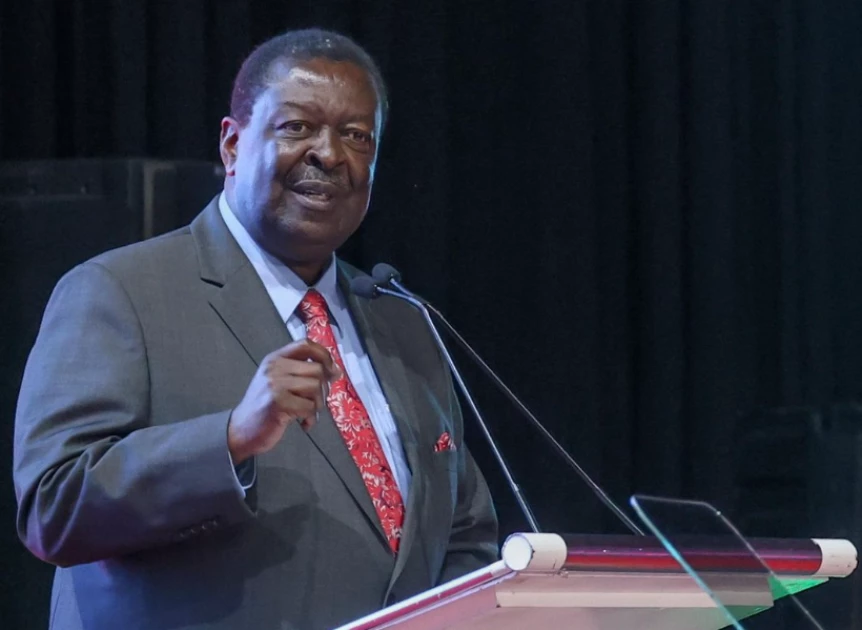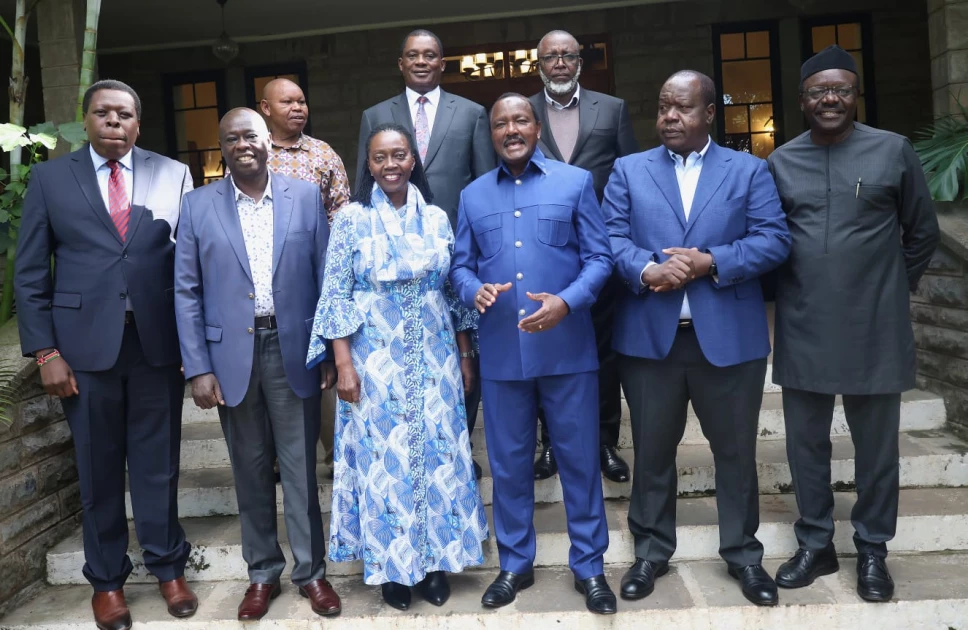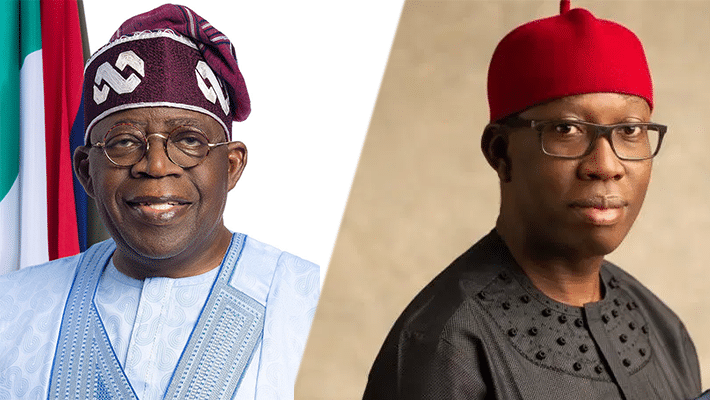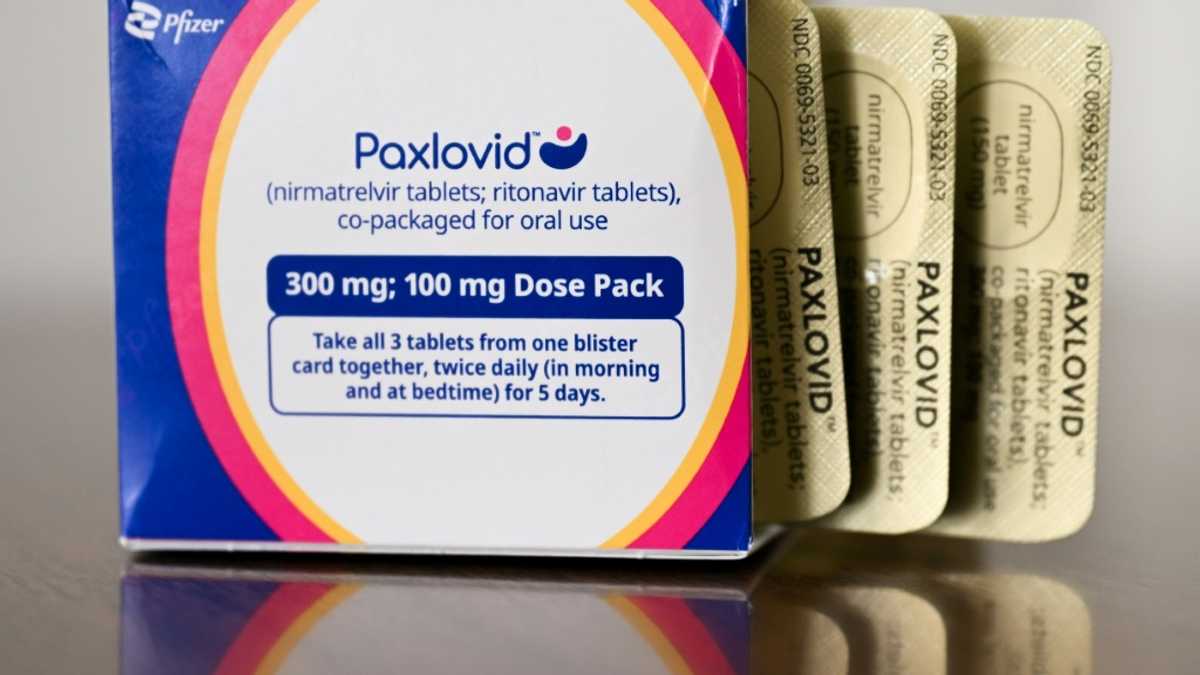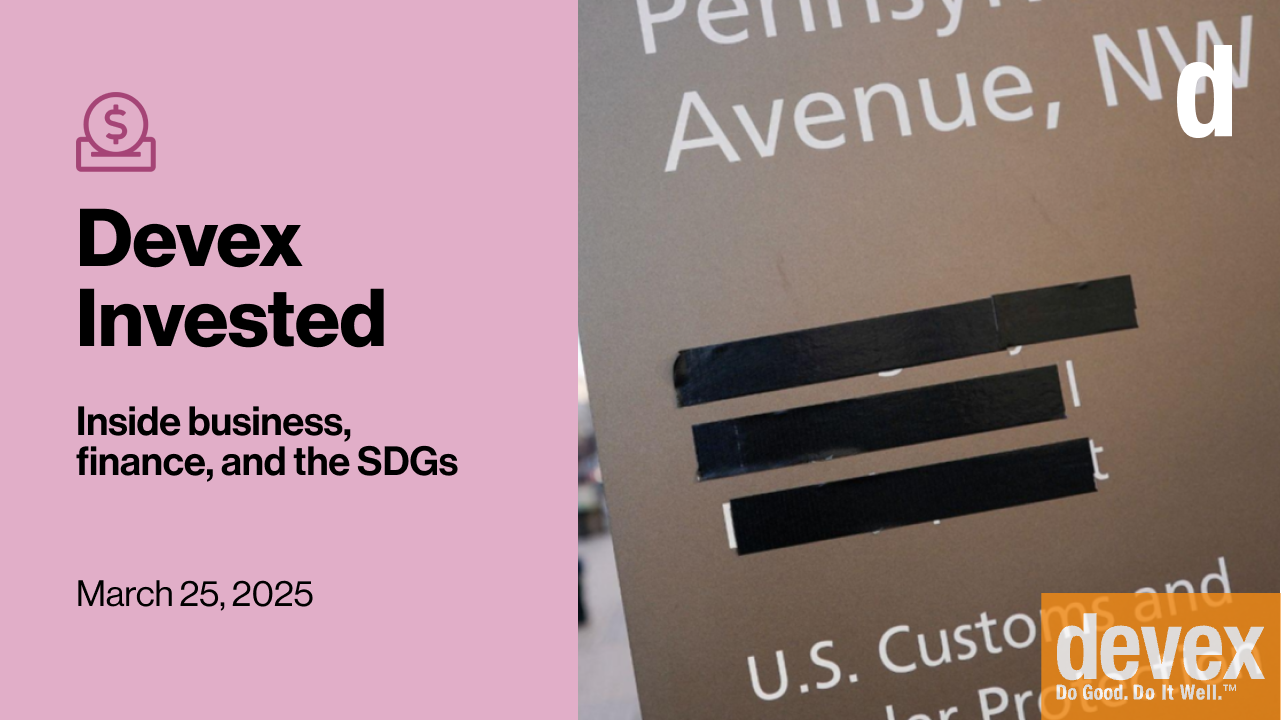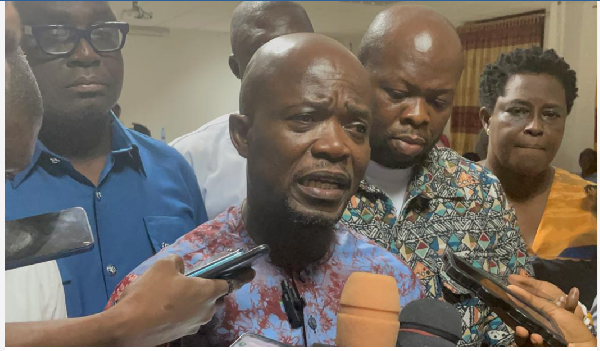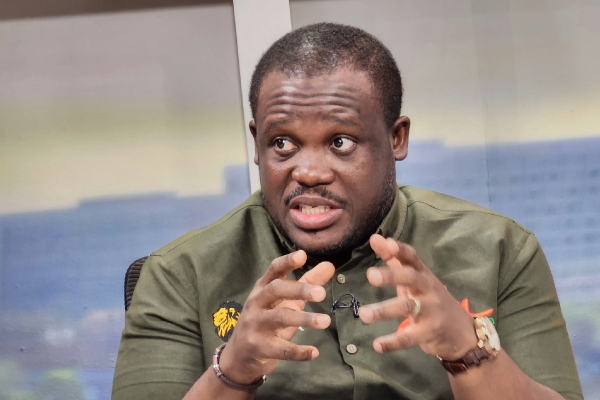
The United States aid freeze continues to bite, and the questions are piling up. This week we offer some possible answers.
With Moody’s, S&P, and Fitch all warning that should the U.S. withdraw its support, Devex’s Jesse Chase-Lubitz has taken a closer look at how likely that is and how it might work.
Legal and development experts say a withdrawal or dilution , with China ready to swoop should the U.S. move to sell its shares. But if the Trump administration did go ahead and follow the idea espoused by the conservative manifesto Project 2025 to “terminate its financial contribution” to the bank, then what happens?
“It’s so unclear the extent to which [the U.S.] Congress needs to be involved in this or not,” Clemence Landers, vice president and senior policy fellow at the Center for Global Development, tells Jesse. “That’s the game-changing thing.” And if Congress has to approve it, “there’s no chance this could happen,” Landers adds.
Legal expert Jan Klabbers says that since the bank’s founding articles , then “logic would suggest” that the same applies to any withdrawal decision.
Oh, and as if the stakes weren’t high enough, Jesse notes that the World Bank treaty states that the offices of the bank must be in the country that contributes the most (i.e. currently the U.S.).
Were Trump to withdraw, experts say, the headquarters could shift and .
Could the US pull out of the World Bank? Unlikely — but not impossible
This one could ruffle some feathers.
The to speed up the path it was arguably already on, argues Lukasz Bochenek, deputy CEO of the communication consultancy Leidar, in an opinion piece for Devex.
With donor funding down, development agencies increasingly requiring closer alignment between their own priorities and how aid money is used, and high spending on executive-level salaries and administrative overheads no longer acceptable, “,” Bochenek writes.
“Make it simple for donors to understand what they will get for their money, as with any investment or purchase.Put a value on the impact, and show exactly what that value is and how it is being delivered. , with price and the expected results.”
NGOs need to start operating more like commercial businesses
Short answer: No. In 2023, USAID spent $40 billion across 130 countries, Lauren Evans reports for Devex.
“There’s ,” says Gillian Caldwell, a consultant who advises foundations and nonprofits and who until December served as the chief climate officer and a deputy assistant administrator at USAID.
Caldwell said that after U.S. President Donald Trump’s executive order last month, there were early discussions about what she referred to as a “nerve center” — a small, central hub likely housed within an existing organization, where foundations could mobilize communications responses, liaise with Congress, and support litigation. But it’s not clear that the idea ever came together.
Instead, the hope is that philanthropies such as the Rockefeller Foundation , as well as catalytic funding to support blended finance deals.
As Solange Baptiste, executive director of ITPC Global, which advocates for affordable health care in South Africa, puts it: “what we ultimately need is .”
US foreign aid has collapsed. How should philanthropy respond? (Pro)
+ Join us tomorrow, Feb. 19, for a Devex Pro briefing with Michael Werz to discuss the link between national security and global development and other . Save your spot now.
This event is exclusive to Devex Pro members. If you aren’t a Pro member yet, we offer a 15-day free trial for you to access all our exclusive content and events.
Speaking of a new system, it’s fair to say today’s ructions are . We’ve written a lot in recent weeks about the Financing for Development summit in Spain in late June. But there is another gathering kicking off in South Africa on Feb. 26 that will also be trying to find a way forward for development finance.
is the brainchild of Rémy Rioux, chief of the French Development Agency, designed as a way to get the world’s hundreds of public development banks working toward the U.N. Sustainable Development Goals.
We’ve followed the summit since its inception in 2020 as it has grown with stops in Côte d'Ivoire in 2022, Colombia in 2023, and now Cape Town.
Devex’s covering it for us. Drop her a line at [email protected] if you’ll be making the trip.
As the lawsuits begin pushing back at the Trump administration’s attempt to dismantle U.S. foreign aid, in global development. Catch up with the latest episode of our This Week in Global Development podcast, where our reporters and editors break down the latest news.
“[Diversity, equity, and inclusion] are written into the DNA of the United Nations. ” asks Devex Senior Global Reporter Colum Lynch. “A lot of the concerns that the Americans have, they are quite vague, and [the administration has] an interpretation of any of those words being used as kind of suspect.”
But, as Colum points out: “The . They can break the system if they want to. And so people may have to make compromises that they normally wouldn’t make.”
Can lawsuits save US foreign aid?
+ Today at 12 p.m. ET (6 p.m. CET) we’ll host for USAID funding, to understand more about what’s going on. Can’t attend live? Register anyway, submit your questions, and we’ll send you a recording.
We’ve written plenty about the European Investment Bank’s — from former boss Werner Hoyer’s call for the European Union to lose its naiveté on Chinese firms winning EU-financed work to the European Commission stopping EIB from pursuing a digital infrastructure project abroad due to concerns over who would ultimately get the tender.
So we noted with interest a recent LinkedIn post for the bank, dubbed “Strategic Procurement.”
Approved in December 2024, the idea is to allow project promoters to introduce considerations like sustainability, climate, innovation, and circular economy, a bank spokesperson tells us by email. That’s opposed to traditional procurement focused on economy, efficiency, and open international competition.
“For example that offer reducing CO2 emissions during construction, using alternative eco fuels, reducing water, fuel, electricity consumption, or waste generation,” the spokesperson writes. “The initiative is not mandatory but provides a framework and guidelines to support non-EU promoters in further raising the project quality and sustainability by adopting best practices and achieving best overall value for money."
So — our favorite question — , the answer came back. Plus ça change.
How Brussels runs interference on China
Trump advisers look to . [Bloomberg]
World Health Organization chief to plug resource gaps. [Devex]
Munich diary: The latest from the jam-packed security conference. [Devex]
The United Nations official pushing to unite biodiversity and climate goals. [Devex]

